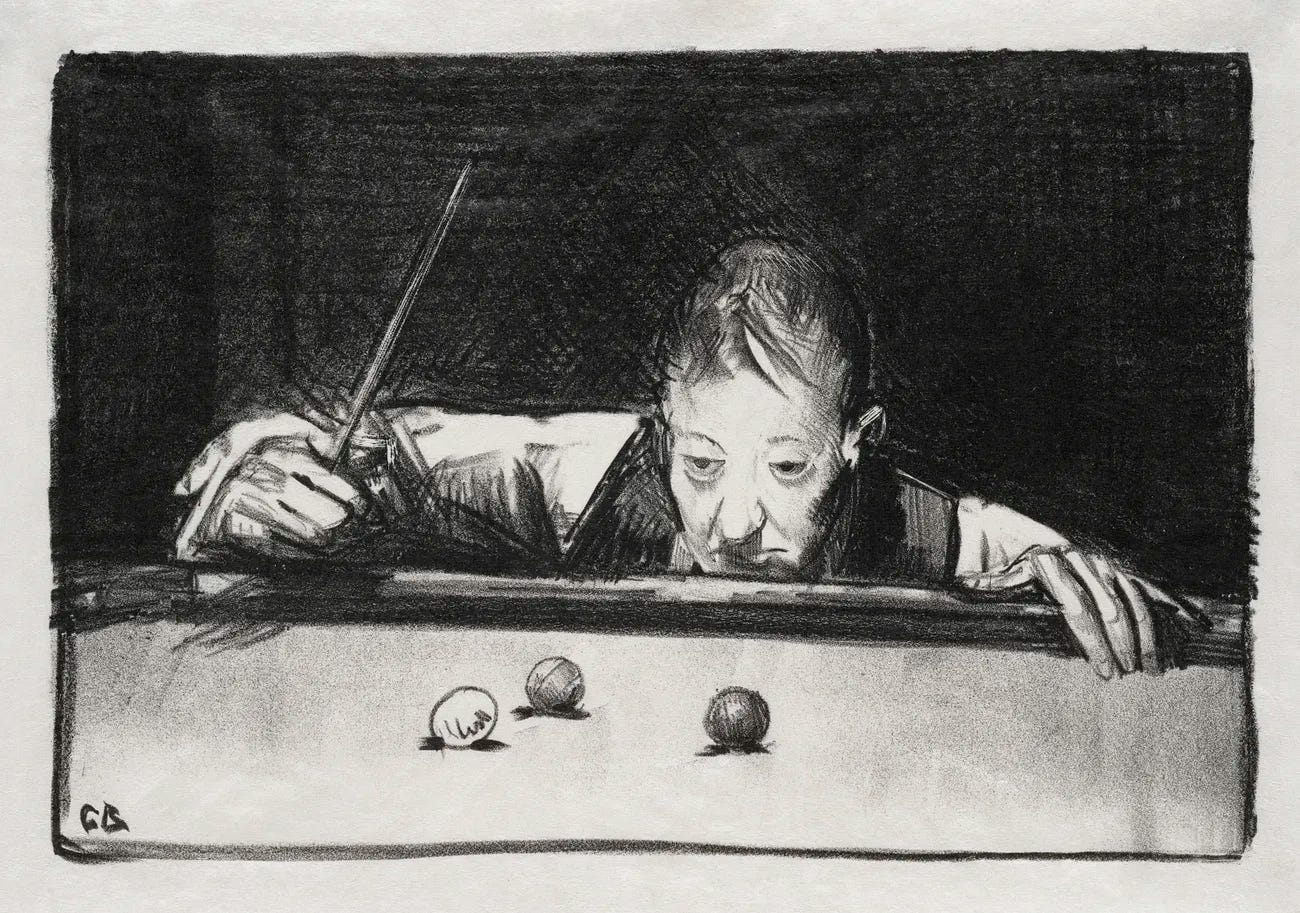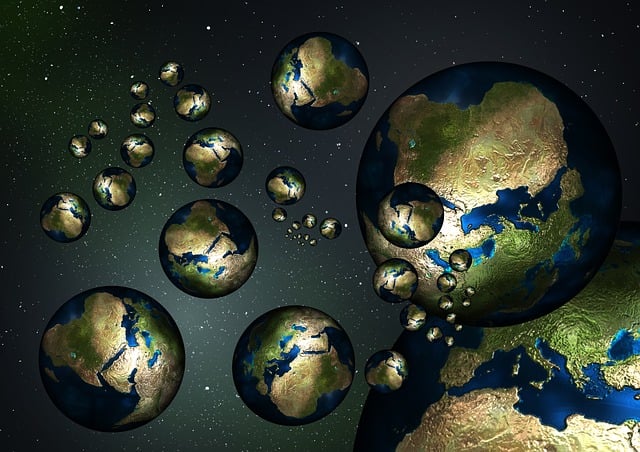To Cause or not to Cause
Posted on September 17, 2023 • 5 minutes • 1065 words
Table of contents
Unraveling the Enigma of Causation: Beyond Correlation
“Causation” is a term frequently tossed around in scientific and everyday conversations alike. We often hear the refrain, “Correlation is not causation,” reminding us of the pitfalls of assuming a cause-and-effect relationship based exclusively on observed associations. For example, the fact that there is a positive correlation between ice cream sales and the number of crimes does not necessarily mean that the first ones produce the last. A potential alternative explanation can be that they both share a common cause (such as the weather). But then, what it is actually causation?
David Hume’s Regularity Theory
Philosophers and scholars have grappled with this question for centuries, offering a range of interpretations. One influential perspective on causation emerged in the 18th century through the musings of philosopher David Hume. He proposed the “regularity theory of causation”, suggesting that causation is identified and defined through consistent observations of two spatially contiguous entities, where one acts before the other.
 Image
Source: Pixabay
Image
Source: Pixabay
Consider a simple example: two billiard balls on a table, Ball A and Ball B. When Ball A strikes Ball B, causing it to move, we might naturally conclude that A’s impact caused B’s motion. In order to belive that we need to assume many things that might or not be true. Let’s discuss them:
-
Sensory Perception is accurate: The first thing we need to believe is that what our senses are capturing is representing the reality of the universe. In other words, we need to challenge the methodological doubt proposed by René Descartes (“Cogito, ergo sum”) and believe in more than our existance
-
Temporal Priority: According to Hume, causation involves one event happening before another. However, this raises intriguing questions about the origin of time and the universe itself, which based on this definition might lack a clear cause. In more general terms, any potential self-causation can result in an ambiguous problem (commonly known as the Ex Nihilo Paradox)
-
Spatial Contiguity: Hume emphasized the importance of spatial proximity between cause and effect, even though this relationship can be abstract. But what then about the cause of a cause? Isn’t also a cause that is somehow distant?
-
Constant Conjunction: This is the key of the epistemiological meaening that we humans usually give to causality. Hume noticed that causation is identified when events often appear connected due to shared causes. For example, we assume that ball A’s hit is causing ball B’s movement because every single time A happened B also did. And here is where Hume moved the scientific world’s by pointing out the axiom that moves every predictive science: believing that the fact that past evidences are useful for future predictions. In someway, he is critizing that we are believing that what could be happening by mere chance (a hundred, thousand or million of times) is acquiring a sufficient value to be considered an immutable truth.
 Figure 1. Representation of
the causality dilemma proposed by David Hume using billiard balls
Figure 1. Representation of
the causality dilemma proposed by David Hume using billiard balls
New persepctives: Counterfactual Causality
In the 20th century, a new definition of causality known as “counterfactual causality was introduced.” This principle assesses causation by examining how outcomes vary when alternative possibilities to the presumed cause are considered. If these outcomes diverge, we conclude that causality exists.
However, this definition has certain limitations. In our reality, individual things only occur once and in a particular way, producing the outcome we observe (the factual), but we are then not able to observe the alterative situations (counterfactuals). Empirically speaking, we cannot simply travel to the past and reobserve things… But, what if we could?
Imagine if we could reset our observations to the exact point when A is (or not) happening. Depending on our vision on causality’s certainty we could observe two different situations:
and explore various universe perspectives:
-
In a Deterministic Universe all processes, even those beyond human prediction, are predetermined. The fact that A causes B (if it does) is a certainty. Every particular time A is present with that set of conditions, B happens. Would it make any difference then to go to the past? Not really. Because just like A causes B, there’s always something else (another event) causing A. So, no matter what we do, in this pre-planned sequence of events in the world, A always happens, and no other option (counterfactual) is possible.
But here’s where it gets fascinating. According to David Lewis, we can imagine other realities, like parallel universes, where an endless chain of events can unfold differently. In this view, causality can actually make sense in a deterministic world.
In other words, even though events seem to happen one after the other like clockwork, there’s room for a grander picture where causality takes on a deeper meaning in a universe of infinite possibilities.
-
In a Stochastic Universe events have associated probabilities. A is not certain that it will cause B, even if the conditions are the same. In the same way, causes of A don’t consistently lead to A happening if we reset observations. This perspective allows the use of the past to learn about causality, but introduces subjectivity into its concept, as the definition becomes contingent on probabilities.
When can we actually define that A causes B? Is it when is almost certain that will make it happen and the probability is practically 1? Or is good enough that probability is simlpy superior to 0? Would you say that something that unlikely ends producing an effect, is its cause?
 Figure 2. Our universal
situation is perhaps just one of the infinite realities that exist
Figure 2. Our universal
situation is perhaps just one of the infinite realities that exist
The Complexity of Causation
In light of these philosophical perspectives, causation appears to be either indeterminable, nonexistent, or subjective. It’s a complex topic with no easy answers, and it continues to be a subject of exploration and debate.
Causation may or not be a simple logical ideal object, in the same way as a formula or a perfect shaped circle. It is definitely very useful, but its application towards the real and complex world could perhaps be no more than that at all.
However, while the ideas presented in this article provide my little insight into the matter, there are not definitive conclusions anywhere. Causality remains a rich field of inquiry, inviting further exploration and discussion. And you, what is your opinion? Do you have a good definition for causality? If so, don’t forget to set your causes!